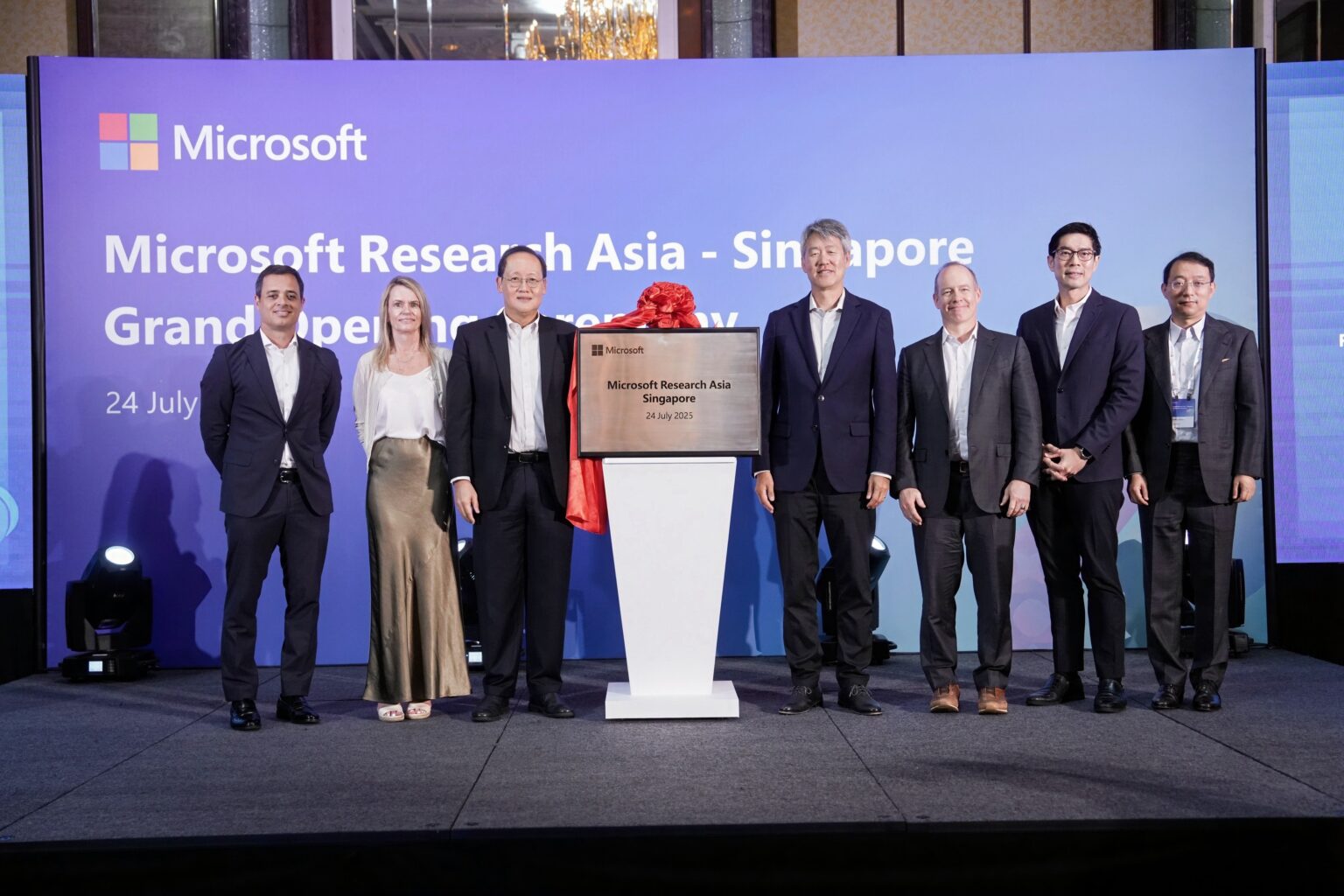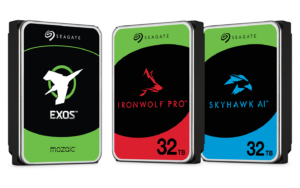Microsoft has launched its first Southeast Asian research and development lab in Singapore, marking a significant step in the technology giant’s regional expansion and signalling its long-term bet in the region’s role in the global AI race.
Called Microsoft Research Asia – Singapore, the lab will focus on pushing the boundaries of foundational AI research. It will also co-develop solutions for some of the region’s most pressing industry and societal challenges, from healthcare and finance to sustainability and logistics.

“This is not just a research facility,” said Dr Peter Lee, president of Microsoft Research at the launch on July 24. “We think of Microsoft Research Asia as a bridge between theory and practice, East and West, academia and industry, and between Singapore and Microsoft.”
The launch of the new lab positions Singapore as a critical node in Microsoft’s global research network, which spans cities like Beijing, Shanghai, and Tokyo. It also reinforces the city-state’s growing stature as a regional AI innovation hub.
“Singapore plays a critical role in our global research strategy,” Dr Lee added. “Its leadership in science, engineering, and digital governance, and its collaborative ecosystem, make it an ideal location for inclusive, impactful AI innovation.”
The new lab aligns closely with Singapore’s National AI Strategy 2.0, which emphasises real-world impact across economic sectors and public services.
“We’re very focused on sharpening our AI capabilities in areas of national importance—healthcare, sustainability, education, and urban solutions,” said Dr Tan See Leng, Singapore’s Minister for Manpower and Minister-in-charge of Energy and Science and Technology, at the launch. “It is our hope that Microsoft’s presence will inspire even more companies to leverage AI for the public good.”
Ever before the lab opened its doors officially, it had begun collaboration with local organisations. It teamed up with SingHealth to develop AI-powered pathology tools for colorectal cancer diagnosis and treatment.
Using Microsoft’s multimodal biomedical foundation model, the AI will be trained on SingHealth’s high-resolution pathology datasets to detect features in images, link them with patient outcomes, and deliver precise, tailored treatment plans.
“This collaboration has the potential to transform how clinicians make outcome predictions and prescribe treatments,” said Professor Ng Wai Hoe, SingHealth Group chief executive. “We begin with colorectal cancer but envision expanding AI tools across many other diseases.”
Beyond healthcare, the lab will also tackle AI challenges across financial services, manufacturing, logistics, and energy. This includes building domain-specific foundation models and agentic AI systems that provide real-time decision support in complex environments.
“We aim to drive interdisciplinary breakthroughs and co-create solutions with industry,” said Dr Lidong Zhou, corporate vice-president of Microsoft and managing director of Microsoft Research Asia. “Singapore’s ecosystem is uniquely positioned to turn foundational research into real-world transformation.”
Equally important is the lab’s focus on developing AI talent and strengthening the regional research ecosystem. The lab is building on Microsoft Research Asia’s long-standing partnerships with the National University of Singapore (NUS), Nanyang Technological University and Singapore Management University to advance both fundamental and applied research.
Earlier this year, Microsoft had signed a five-year agreement with NUS to accelerate AI research and train the next generation of computer scientists. Through the Industrial Postgraduate Programme (IPP) and PhD opportunities at NUS, the lab will offer students hands-on research experience.
Since 2004, Microsoft Research Asia has already trained 85 interns and 13 PhD fellows in Singapore and completed more than 70 joint research projects. The new lab cements that commitment and signals a step-change in both scale and ambition.
The new lab is Microsoft’s 14th worldwide.






